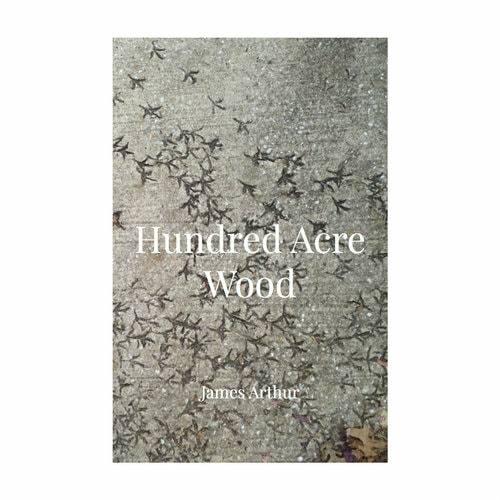James Arthur's Hundred Acre WoodReviewed by Carla Scarano D'Antonio
|
|
The recent chapbook by James Arthur published by Anstruther Press develops the themes of his first collection, Charms against Lightning (published in 2012), adding thought-provoking overtones. His poetry questions the human place in this world, shifting between ordinariness and ampler prospects. This view encompasses innocence, fatherhood, failure, displacement, and unusual, sometimes disturbing, imagery.
In the search for answers to fundamental existential questions and to the reasons for human frustrations, the journey in his first collection goes from existing as a mere shadow of a being to the awareness that it is not possible not to be a person. This realization entails the risk of losing a prior identity and points to the wish ‘to keep alive, longer, and ferociously’ (‘Tropical Bats,’ Charms against Lightning). The ambitions of the ‘shadow’ seem to be resolved in the quotidian in the last poem of this collection, ‘Summer Song’. However, this ordinariness also suggests a wider horizon and broader expectations: |


